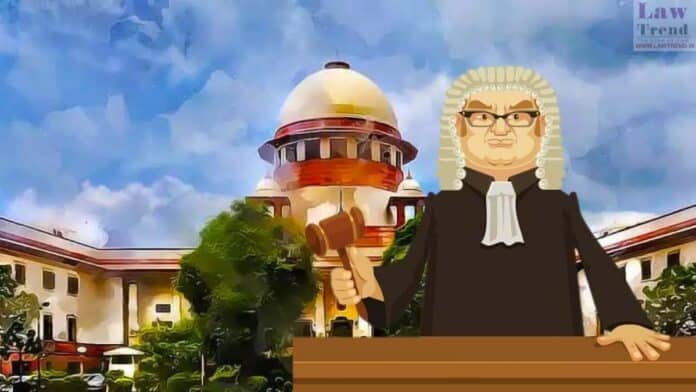In a significant judicial pronouncement, the Supreme Court chastised the Haryana government for seeking the Central government’s opinion on the promotion of Additional District and Sessions Judges. The apex court highlighted that the state government overstepped its jurisdiction by seeking counsel beyond the High Court, thereby violating established protocols.
The Supreme Court emphatically stated that matters between the High Courts and state governments should be resolved internally through dialogue, without involving the Central government. This approach is essential to maintain the constitutional framework and uphold the autonomy of the judiciary.
During the verdict, the Supreme Court made it clear that states cannot consult the Central government on matters related to the selection and appointment of judicial officers. Instead, any disputes should be resolved through discussions with their respective High Courts. This decision aims to protect the selection and appointment process of judicial officers from any form of external interference, thereby reinforcing the independence of the High Courts.
Also Read
The court also addressed concerns raised by the Haryana government regarding amendments to the selection criteria for district judges made by the Punjab and Haryana High Court. The High Court had introduced separate cut-off marks for written exams and interviews. The Supreme Court clarified that the High Court cannot modify or change existing rules for the selection and promotion of judicial officers through Full Court resolutions, except in situations where there are no rules or the existing rules are silent on specific aspects.
Furthermore, the Supreme Court emphasized the importance of assessing candidates’ practical knowledge and application of law during interviews, stating that candidates should demonstrate not only their theoretical knowledge but also their ability to apply it in real-life scenarios.




